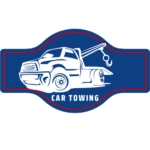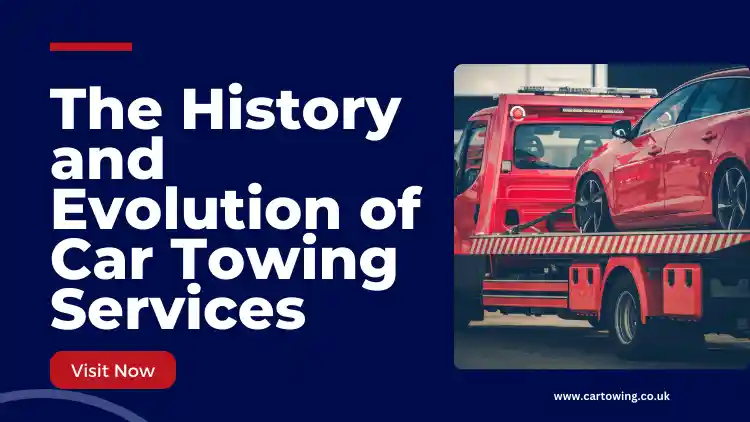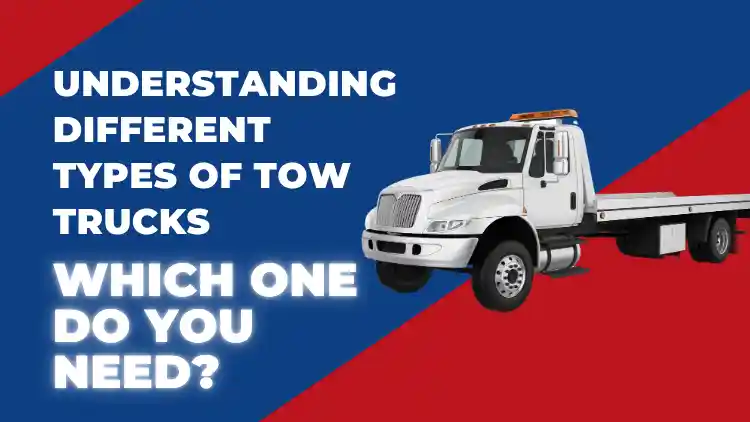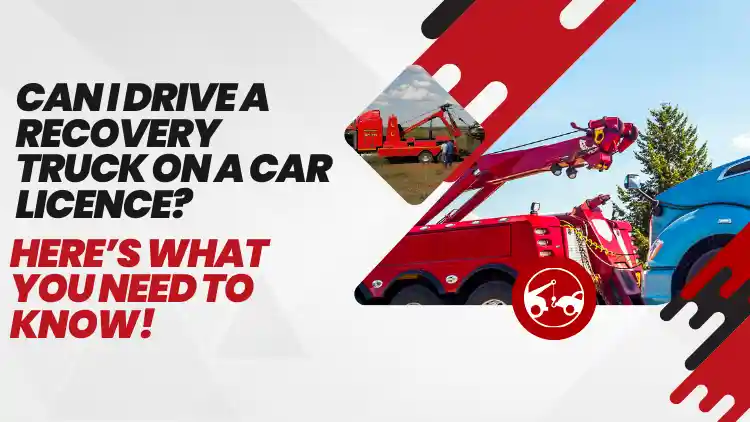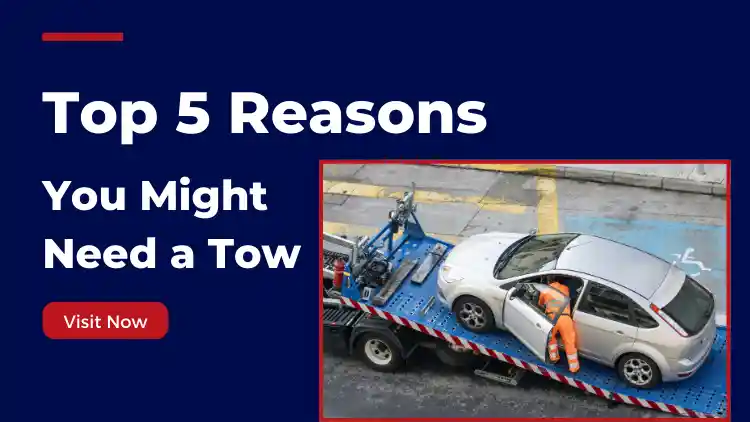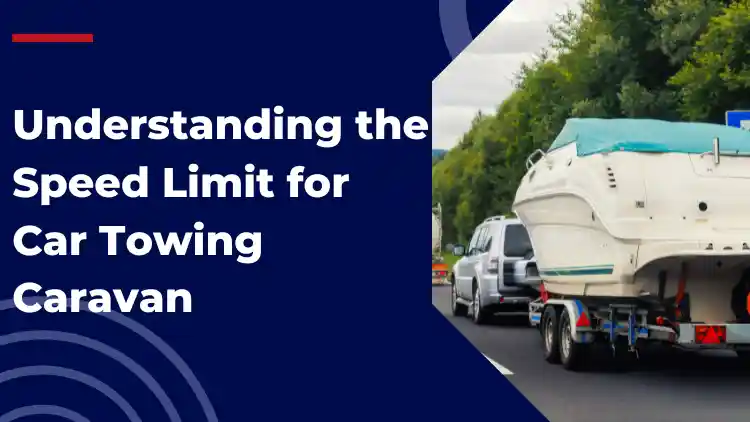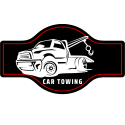Car towing – it’s not something we think about every day, but when your car breaks down on the side of the road, a tow truck can feel like a superhero riding to the rescue. At Car Towing Services, we’re always ready to assist when you need us most. Have you ever wondered where this essential service came from and how it has evolved over time? Well, buckle up because we’re about to dive into the fascinating The History and Evolution of Car Towing Services!
What is Car Towing?
Before we get into the history, let’s quickly clarify what we mean by car towing. Car towing is the process of pulling or transporting a vehicle from one location to another, typically when the vehicle is unable to operate. Think of it as a lifeline for stranded vehicles and their drivers. Whether your engine fails, you’ve had an accident, or you’re parked where you shouldn’t be, a tow truck is there to assist.
The Origins of Car Towing
The First Tow Truck: A Brilliant Invention
It all started back in 1916 when Ernest Holmes Sr., a mechanic from Chattanooga, Tennessee, created the first tow truck. He was inspired after helping a friend pull his car out of a creek. Holmes realized there had to be a more efficient way to do this than using ropes and manpower, so he modified a 1913 Cadillac by attaching a pulley system. Voila! The first tow truck was born. What started as a simple innovation became a game-changer for the automobile industry.
Towing in the Early 20th Century
Why Early Towing Was Vital to Automobile Growth
As cars became more common in the early 1900s, so did the need for towing. Roads were less reliable, and vehicles were prone to breakdowns. Tow trucks helped keep the growing number of automobiles moving by rescuing cars from ditches, delivering them to mechanics, and towing them away after accidents. The invention of the tow truck played a crucial role in the rise of the automobile industry.
The Growth of Tow Truck Design
Evolution from Hook-and-Chain to Modern Methods
The early hook-and-chain method, while revolutionary, had its drawbacks. It often caused damage to the towed vehicle. By the mid-20th century, new designs such as the wheel-lift and flatbed tow trucks were introduced, offering safer and more efficient towing solutions. The wheel-lift method involved lifting the vehicle by its tires, while flatbeds allowed vehicles to be completely lifted off the ground, reducing the risk of damage during transport.
Towing Technology Advancements
Hydraulic Lifts and Flatbeds: A New Era in Towing
As towing needs became more complex, so did the technology. The introduction of hydraulic lifts made it easier to move heavy vehicles, while flatbed tow trucks became the go-to solution for modern towing. These trucks allowed entire vehicles to be loaded onto the truck’s bed, protecting them from further damage. This innovation revolutionized the industry and set new standards for safety and efficiency.
The Role of Towing in Road Safety
How Towing Saves Lives and Reduces Congestion
We often think of tow trucks as a solution for broken-down vehicles, but they play a much larger role in road safety. By quickly removing disabled vehicles from busy roadways, tow trucks help prevent accidents and reduce traffic congestion. In fact, the timely arrival of a tow truck can make a significant difference in both urban and highway driving environments.
Regulations in Towing
How Towing Laws Evolved Over Time
Towing wasn’t always as regulated as it is today. As the industry grew, so did the need for rules and standards. Governments introduced laws to protect consumers from unethical practices, such as overcharging and illegal towing. Today, towing companies must adhere to strict regulations to ensure transparency and safety.
Types of Tow Trucks Today
Flatbed Tow Trucks
The flatbed is one of the most commonly used tow trucks today. Its long platform allows cars to be securely loaded and transported, making it the preferred choice for moving vehicles without damaging them.
Wheel-Lift Tow Trucks
The wheel-lift tow truck is a modern evolution of the hook-and-chain. It uses a metal yoke that lifts the car by its tires. This is a great option for towing short distances.
Integrated Tow Trucks
These heavy-duty trucks are designed to tow large vehicles like buses and RVs. They combine both the wheel-lift and boom methods, making them ideal for heavy-duty towing jobs.
Towing for Heavy-Duty Vehicles
How It Differs from Regular Towing
Towing a heavy-duty vehicle, such as a bus or truck, requires specialized equipment and expertise. Integrated tow trucks, with their enhanced strength and capabilities, are specifically designed for these larger, more challenging jobs.
Towing and the Automotive Industry
Partnering with Manufacturers and Dealerships
Towing services have become essential partners for auto manufacturers and dealerships. They assist with transporting new vehicles, recovering test vehicles, and ensuring that consumers get the help they need when purchasing a new car.
Towing and the Digital Age
How Apps Revolutionized Towing Service Requests
The digital revolution has made it easier than ever to request a tow truck. Apps like Uber and Lyft inspired similar solutions for towing services. Now, with just a few taps on your smartphone, you can summon a tow truck in minutes, track its arrival, and even pay electronically.
Environmental Impact of Towing Services
Towing Emissions and Sustainability
With the growing awareness of climate change, towing companies are under pressure to reduce their carbon footprints. Some companies are adopting eco-friendly practices, such as using electric or hybrid tow trucks and minimizing idling time.
Towing Services as a Lifeline for Drivers
Roadside Assistance and Emergency Services
Towing isn’t just about hauling cars away. It’s an essential service for roadside assistance. Whether it’s a flat tire, dead battery, or running out of gas, towing companies provide a lifeline for drivers in need. In many ways, they are the unsung heroes of the road.
Challenges in the Towing Industry
Rising Operational Costs and Competitiveness
The towing industry, like many others, faces increasing operational costs, from fuel prices to insurance premiums. Additionally, the industry is becoming more competitive, with smaller towing companies struggling to compete with large, established players.
The Future of Towing
Self-Driving Cars and Their Impact on Towing
Self-driving cars are on the horizon, and they’re sure to impact the towing industry. While these cars may be less likely to break down, they’ll still require towing services for accidents, flat tires, and other unforeseen issues. The industry will need to adapt to the changing technology.
The Role of Green Technology in Towing
The future of towing will likely involve more sustainable practices. Electric tow trucks and eco-friendly operations could become the norm, helping reduce the industry’s environmental impact.
Conclusion
The history of car towing is a story of innovation, adaptation, and resilience. From Ernest Holmes’ first tow truck to today’s flatbed giants, towing has come a long way. As technology continues to evolve, so too will the towing industry, ensuring it remains a critical part of our transportation infrastructure for years to come.
FAQs
When was the first tow truck invented?
The first tow truck was invented in 1916 by Ernest Holmes Sr. in Chattanooga, Tennessee.
What is the most common type of tow truck today?
Flatbed tow trucks are the most commonly used today, as they offer safe and secure transport for vehicles.
How has technology impacted towing services?
Technology has made towing more efficient with innovations like hydraulic lifts, flatbeds, and mobile apps that make it easier to request and track services.
What are the environmental concerns with towing services?
Towing services contribute to emissions, but the industry is moving toward greener options like electric tow trucks and more eco-friendly practices.
Will self-driving cars eliminate the need for towing?
Self-driving cars may reduce breakdowns, but they won’t eliminate the need for towing in cases of accidents or other issues.
